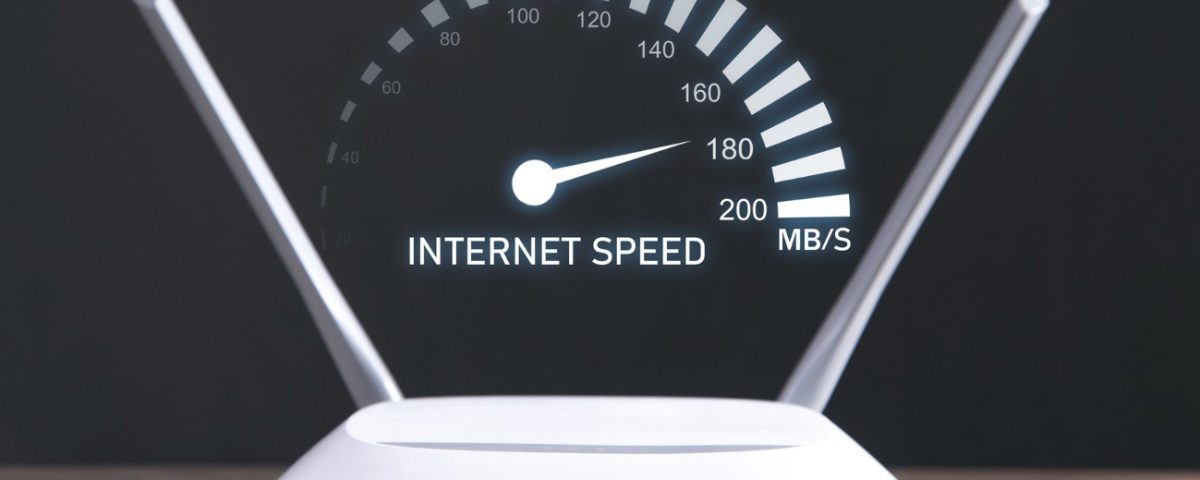
Broadband for Lymphatic Drainage: How Vibration Plate Technology Supports Health

ASKMID UK: A Complete Guide to the Motor Insurance Database
Broadband Speed Explained: What Affects Your Internet Connection?
Introduction | Network Congestion | Hardware and Device Limitations | Wi-Fi Interference | Bandwidth Sharing | Tips for Improving Your Broadband Speed | Conclusion
Introduction
Broadband speed is a crucial factor in the quality of your internet experience. Slow speeds can cause frustration, interrupt streaming, and impact productivity. Various factors affect broadband speed, from network congestion to Wi-Fi interference. Understanding these can help you make adjustments for a smoother, faster connection. This guide explains the main factors that influence broadband speed and provides tips for improving your connection.
Network Congestion
Network congestion occurs when too many users access the same network, especially during peak hours. This can cause slowdowns as bandwidth is shared among all active users. Congestion is common in densely populated areas and in households with multiple devices streaming or gaming simultaneously.
How to Address Network Congestion
If you experience slower speeds during certain times, try adjusting your usage to non-peak hours. For heavy internet users, consider upgrading to a higher bandwidth plan or switching to a provider with less congested networks.
Hardware and Device Limitations
Your broadband speed can be impacted by the quality and capability of your equipment, including your modem, router, and devices. Older routers may not support high speeds, leading to limitations. Additionally, devices like computers and smartphones also have maximum speed capacities.
Upgrading Hardware
Using an outdated modem or router can reduce your internet speed. Check with your provider to ensure you have compatible, high-speed hardware, and consider upgrading to a modern router to optimize performance.
Wi-Fi Interference
Wi-Fi signals can be disrupted by various obstacles, such as walls, furniture, and other electronic devices. Microwaves, cordless phones, and Bluetooth devices can interfere with Wi-Fi, especially in homes with multiple devices.
Improving Wi-Fi Signal
Position your router in a central location, away from other electronics, for optimal signal strength. You can also consider using Wi-Fi extenders or mesh systems to expand coverage in larger homes or areas with signal dead zones.
Bandwidth Sharing
Bandwidth is often shared among all devices on a network. When multiple users are streaming, gaming, or downloading simultaneously, it can slow down the connection for everyone.
Managing Bandwidth Usage
To avoid slowdowns, limit the number of devices using bandwidth-intensive applications simultaneously. You can also prioritize devices on certain routers to ensure critical devices, like those for work or online classes, receive priority bandwidth.
Tips for Improving Your Broadband Speed
1. Restart Your Router Regularly
Rebooting your router can help clear issues and restore connection speed. Try doing this weekly for optimal performance.
2. Use a Wired Connection
Whenever possible, connect devices directly to the router with an Ethernet cable, which can offer a more stable and faster connection than Wi-Fi.
3. Limit Background Applications
Background applications like cloud backups and automatic updates can consume bandwidth. Close unnecessary programs or apps running in the background to free up speed for active tasks.
4. Optimize Device Settings
Some devices have settings to optimize Wi-Fi performance or prioritize certain tasks. Adjust these settings to ensure smooth performance for high-priority applications.
Conclusion
Multiple factors affect broadband speed, from network congestion and hardware limitations to Wi-Fi interference. By understanding these issues and implementing practical solutions, you can improve your connection speed and enjoy a better online experience. Regular maintenance, equipment upgrades, and smart management of network usage can go a long way in enhancing broadband performance.




